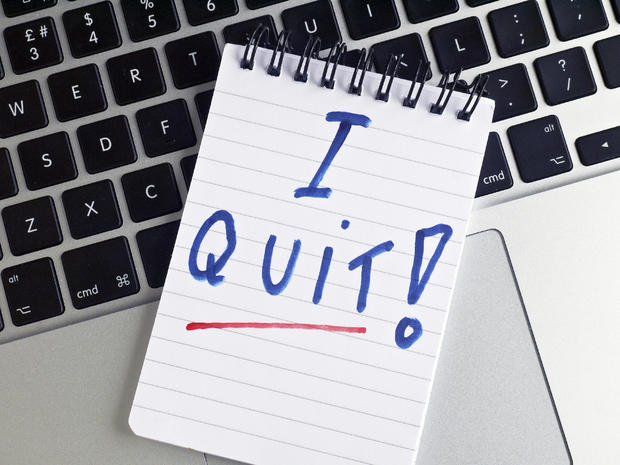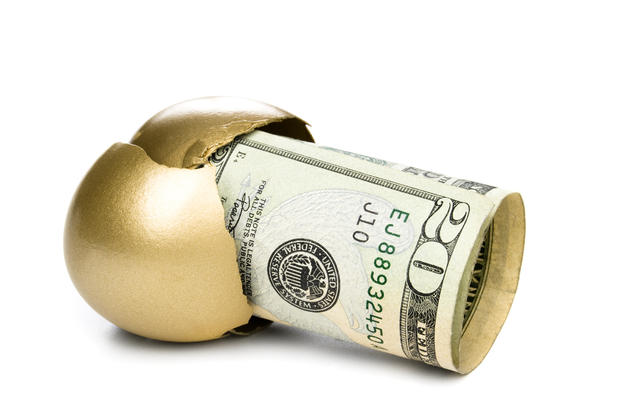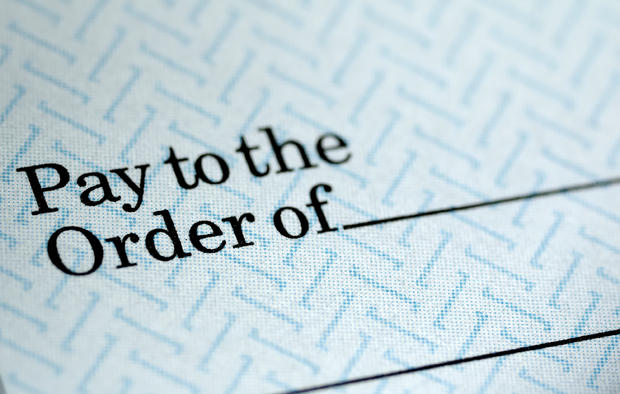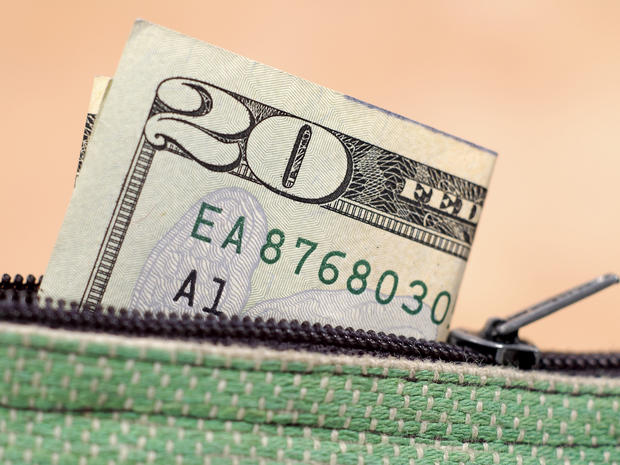5 financial moves to make before quitting your job
Quitting your job is a big risk but it can be rewarding if you're moving on to a better opportunity, starting your own business or planning to stay home with the kids. Making sure you've battened down the financial hatches before you say adios to your employer is crucial, especially if you don't have the promise of another paycheck looming on the horizon.
Tackling these five money tasks before you move on is a must.
Build up your cash cushion
An emergency fund is a staple of a solid financial plan and if you don't have one, it's a good idea to get to work building one. Ideally, you should aim to have at least six months' worth of expenses saved but you may adjust that number higher or lower, depending on your circumstances.
For instance, if you're single, don't have a lot of debt and your expenses are relatively low, you may be able to get by with as little as three months' worth of savings. On the other hand, if you're married, have kids and you're losing a substantial amount of income by leaving your job, you may want to think about building a bigger buffer.
Make a plan for moving your retirement money
If you've been chipping in money to your employer's 401(k), you'll need to decide what you're going to do with it after you've left the company. Some employers may allow you to leave it where it is, which is the easier option but you have to be aware of what kind of administrative fees go along with that.
The other option is to roll it over into a new retirement account. If you've got another job lined up, you may be able to transfer the money directly into your new employer's plan. You could also roll it into an IRA.
The most important thing to keep in mind with a rollover is that you're better off letting your plan administrator handle the switch. If you receive money out of a retirement account directly and you don't deposit the money into your new account in a timely manner, you could get hit with taxes and an early withdrawal fee.
Weigh your health care options
Health insurance is now mandated by federal law so if you're leaving your job behind, you face a tax penalty if you don't get covered. If you're offered COBRA coverage, you need to look at the cost carefully to see if it's worth it. If you're single and relatively healthy, you may be able to purchase a cheaper policy through the federal marketplace or directly from another insurance provider.
Pay your bills ahead
If you know that you're not going to have any money coming in temporarily, your best bet may be to get all of your bills paid up a month or two in advance. That way, you don't have to worry about your utilities getting shut off or falling behind on your mortgage. If you've got student loans or credit card debts, you'll want to pay particular attention to when these bills are due, since a late payment can cause your credit score to drop.
Pare down your budget
Cutting back on how much you're spending is essential if leaving your job means a serious disruption in your cash flow. Eliminating extras, like cable TV, dinners out or new clothes is a good place to start. From there, you can go over each of your expenses individually to see if there's any way to save a few extra dollars out of your budget. If you know you're not going back to work any time soon, it's a good idea to get ruthless about making cuts so you don't end up struggling down the line.





